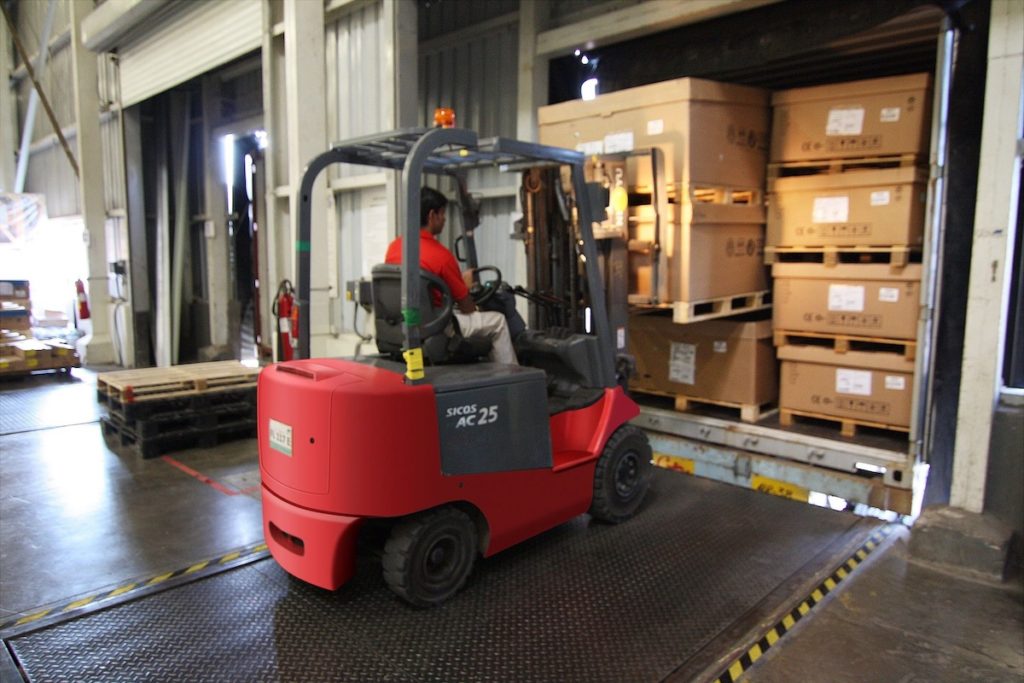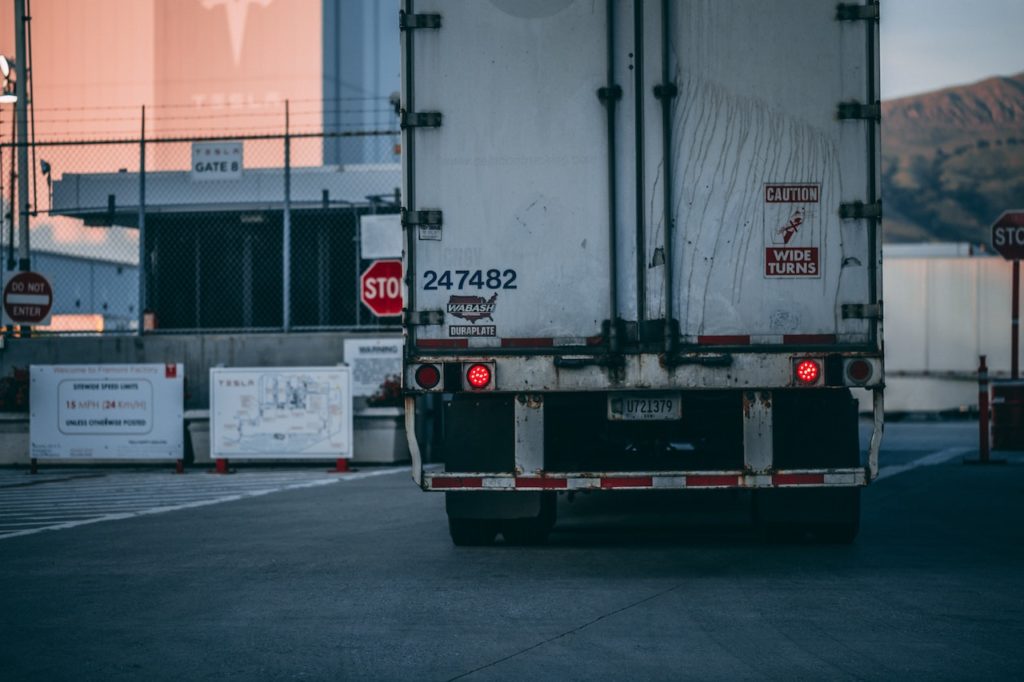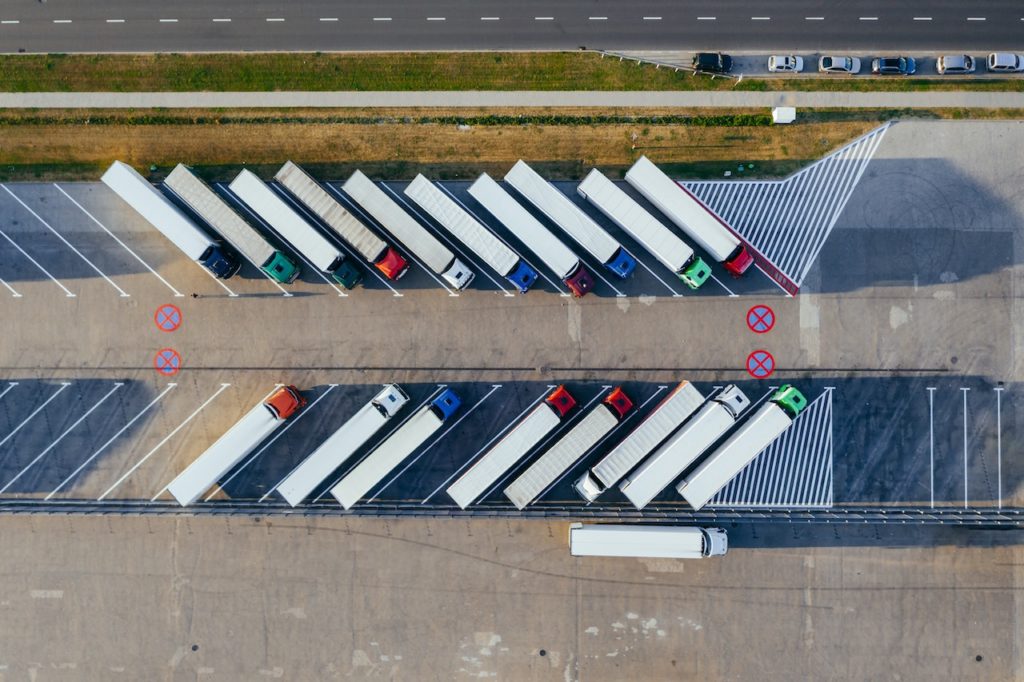What Is Dry Van Trucking?
Within the trucking industry, dry van trucking is considered the most commonly used form of freight transportation. Because of this, many people ask what is dry van trucking and what does dry van mean in trucking? Simply put, ‘dry van’ is a term used to designate the vehicle used to haul cargo.
Many industries use dry van trucking because of the many benefits it affords. After all, almost anything can be transported in a dry van. This article will discuss everything you need to know about dry van trucking to understand why it’s a prevalent form of freight.
What is a Dry Van?
So what is a dry van, and what is dry van freight? A dry van (also called a box trailer or dry van trailer) can be classified as a type of semi-trailer. A dry van is usually a semi-trailer that is entirely enclosed (usually by a container) to protect various shipments from the elements.
Yet, unlike some vans, dry vans are not temperature controlled, and they cannot haul oversized shipments. If you have ever had something shipped to you, there is a high likelihood that the goods you ordered traveled on a dry van during the delivery process. The process of your goods being delivered via a dry van is known as dry van freight.

What Do Dry Vans Haul?
To better understand what dry van freight is, we want to share with you what a dry van can haul. Before we delve into the list of what these vans are known for hauling, we want to state that dry vans are used to transport non-perishable goods only. Let’s have a look at what a dry van can transport:
- Furniture.
- Beauty products.
- Non-perishable foods and beverages that have been packaged.
- Healthcare equipment.
- Industrial equipment.
- Clothing items.
- Construction items.
- Cleaning products
- Various electronics
- Paper, books, and publishing equipment.
- Oil and gas.
- Agricultural equipment.
- Protective work-related clothing.
- Automotive parts and items.
Who Uses Dry Van Trucking?
Thousands of companies rely on dry van shipping because of the efficiency and cost-effectiveness of this mode of transportation. These companies use dry van trucking or shipping for goods that cannot travel exposed to the elements on a flatbed trailer or that don’t need to be in a strictly climate-controlled container.
As we mentioned previously, many industries rely on dry van trucking, like the agricultural, automotive, manufacturing, and consumer goods industries. In addition, dry van trucking companies often keep bookings open for freight shipping of non-perishable goods so that the before mentioned industries can get their various products shipped quicker.

Pros and Cons of Dry Van Shipping
As with each mode of trucking, there are advantages and disadvantages to dry van shipping.
Pros
- Versatile: Unlike other trucking options, dry vans can be used for various shipping needs across multiple industries. Nearly all items that don’t require climate-controlled environments and aren’t perishable can be shipped with dry vans.
- Affordable: Since dry haul trucks rarely require additional service charges and are readily available, they are one of the most affordable trucking options for businesses.
- Safe: Dry vans differ from flatbeds in that they are fully enclosed. This is a significant benefit, making it much easier for companies to secure their goods and protect them from theft, damages, and the outside elements.
- Convenient: Dry vans have drop and hook options which are incredibly convenient. With this option, a dry van can limit turnaround times by simply dropping off an empty trailer and picking up a full one.
Cons
- Unable to support wide loads: Dry vans cannot support wide or oversized loads because they are an enclosed, fixed-dimension transportation option.
- Vulnerable to moisture damage: Most dry vans have wooden flooring that is susceptible to moisture damage. When moisture damage occurs, a dry van is out of commission while the flooring is repaired or replaced.
- Capacity constrictions: There are capacity constrictions with dry vans. There is sometimes less capacity because of weight, length, and height constrictions.

Dry Van Dimensions
Dry vans have varying dimensions, but there are a few industry-standard sizes. Some of the most common dry van dimensions include:
- Box trucks: These types of trucks are also known as straight trucks. They usually measure about 24 feet x 8 feet x 8 feet and 6 inches. Usually, box trucks can haul up to 10,000 pounds.
- 28-foot trailers: These types of trailers are also known as ‘pup trailers.’ Commonly pup trailers measure in at 24 feet x 8 feet x 9 feet and accommodate up to 14 pallet positions.
- 48-foot trailers: The 48-foot-long trailers usually have exterior dimensions of about 48 feet x 8 feet and 5 inches x 13 feet and inches. They can often haul 24 pallets if the pallets have dimensions of 48 inches x 48 inches.
- 53-foot trailers: Interestingly, 53-foot-long trailers are the most commonly seen on the road. Usually, these trailers have dimensions of 53 feet x 8 feet and 6 inches x 8 feet and 6 inches. They can also haul about 26 pallets.
How Much Weight Are Dry Vans Able To Haul?
How much weight a dry van can haul depends on its size. A small box truck can haul loads of up to 10,000 pounds, while a 28-foot-long dry van can haul up to 22,500 pounds. In contrast, a 53-foot dry van can haul about 45,000 pounds. Yet, we should note that a few drivers prefer driving 1,000 to 5,000 pounds under the weight capacity to ensure cargo and driver safety.
Capitalize On The Best Dry Van Freight Rates With Pillow Logistics
Now you know more about dry van trucking and why it’s one of the most common trucking options in the US. If you’re looking for a dry van shipping or trucking company, you can reach out to our team at Pillow Logistics. With over three decades of quantifiable experience in the trucking industry, we are leaders in our field.
You can trust us to meet your trucking expectations while providing quality customer service. So if you’re seeking a customized service experience, you can contact our team here. We’re looking forward to making your shipping needs and wants a reality.

